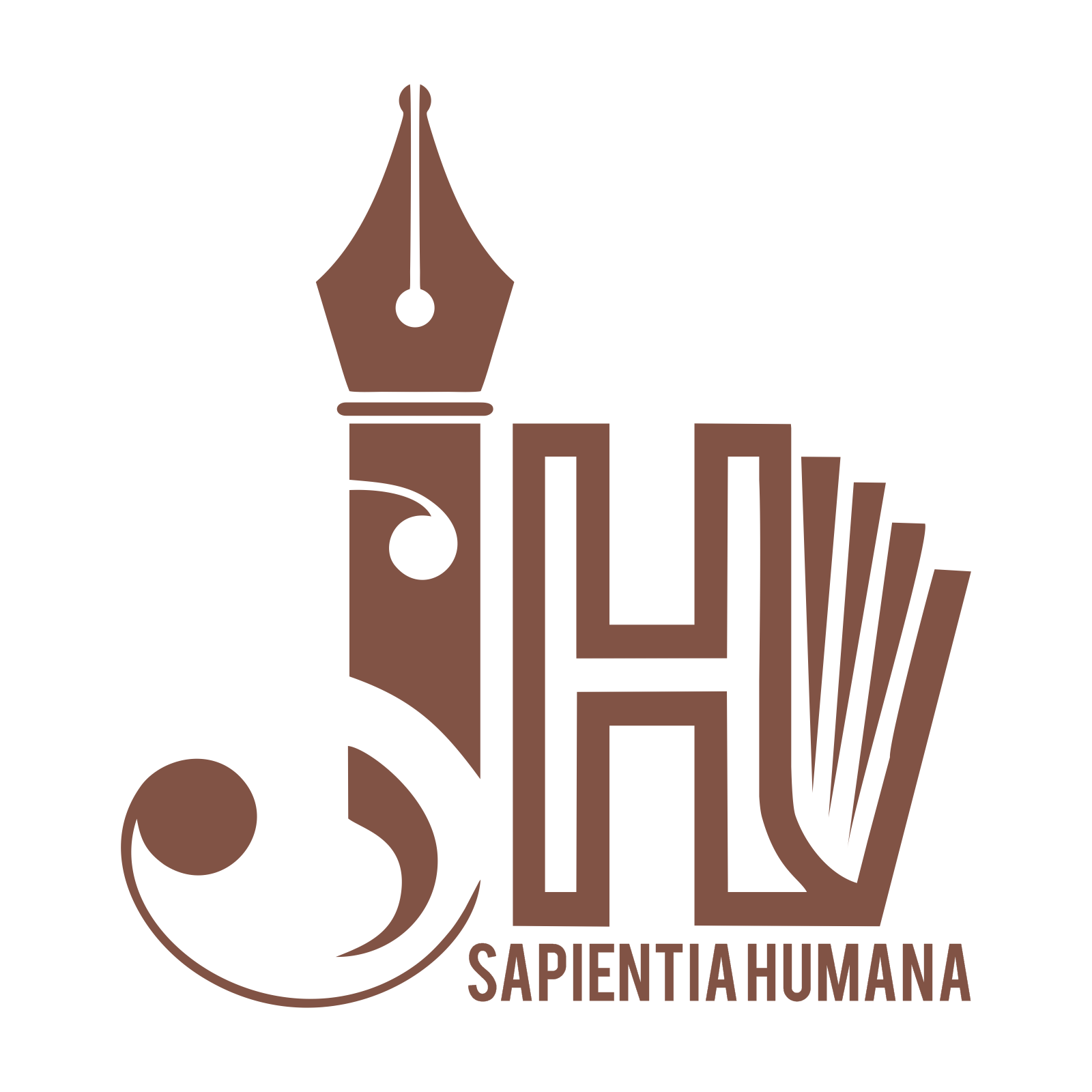Darurat Demokrasi: Krisis Keadilan Dan Bias Kepentingan
DOI:
https://doi.org/10.26593/jsh.v4i02.8629Keywords:
Democracy, Pancasila, Interests, Justice, PoliticsAbstract
Democracy emergencies often become a phenomenon and issue in Indonesia. Responses to this issue are certainly very diverse. There are biases and prejudices directed at the state of democracy in Indonesia. At the concrete and practical level, democracy itself is a tool to achieve common goals. However, on the other hand, democracy is in an emergency condition because it has been used as a non-transparent tool, and democracy is even used as a means to perpetuate the pursuit of interests. This research aims to provide new discourse and insights into the crisis situation and democratic bias that is occurring, while also trying to find answers regarding the political role of citizens in overcoming the crisis. The method used in the activities is the qualitative discourse method through literature study, observation, and focus group discussion. (FGD). The research results indicate that the issues of demos and krator need to be returned to their essence, both conceptually and in practice, in the political life of the nation and state. Individuals who are called to enter the world of politics and run a democracy need to be accompanied by knowledge and experience (arête). The practice of democracy becomes effective when those involved in political decision-making are able to perform their duties and produce policies that do not lead to the common good. If placed in the context of Indonesia, Pancasila should become a source and inspiration for democracy that prioritises common interests and justice.
References
Birch, A. H. (2007). Concepts and Theories of Modern Democracy. In Concepts and Theories of Modern Democracy (Third). Taylor and Francis Group. https://doi.org/10.4324/9780203963654
Chalmers, D., & Mainwaring, S. (2012). Problems Confronting Contemporary Democracy. University of Notre Dame.
Chou, M. (2013). Theorising Democide. In Theorising Democide (First). PALGRAVE MACMILLAN. https://doi.org/10.1057/9781137298690
Crick, B. (2020). Democracy A Very Short Introduction. In Journal GEEJ (Vol. 7, Issue 2). Oxford University Press.
Gagnon, J.-P. (2013). Evolutionary Basic Democracy. In Evolutionary Basic Democracy (First). PALGRAVE MACMILLAN. https://doi.org/10.1057/9781137338662
Gultom, B. H., & Haq, M. Z. (2024). Peace Education: Philosophical Analysis and Review of Nonviolent Character Education Practices. Hanifiya: Jurnal Studi Agama-Agama, 7(1), 115–124. https://doi.org/https://doi.org/10.15575/hanifiya.v7i1.34663
Harrison, R. (2020). Democracy. In Journal GEEJ (Vol. 7, Issue 2). Routledge.
Irawan, B. B. (2007). Perkembangan Demokrasi Di Negara Indonesia. Hukum Dan Dinamika Masyarakat, 5(0854), 54–64.
Leicht, K. T., & Jenkins, J. C. (2010). Handbook of Politics State and Society in Global Perspective. In K. T. Leicht & J. C. Jenkins (Eds.), Handbooks of Sociology and Social Research. Springer Science Buisness Media. https://doi.org/10.1007/978-0-387-68930-2_12
Power, T. (2020). DEMOCRACY in Indonesia (First). ISEAS Publishing.
Rawls, J. (1980). The Theory of Justice (Fifth Edit). Oxford University Press.
Samho, B., Sugiharto, B., Laku, S. K., Nuraeni, Ganda, S., Bolo, A. D., Simanjuntak, M., & Kurniasih, A. (2023). Agama dan Kesadaran Kontemporer (U. Prastya & P. I. Oktano (eds.); 5th ed.). Kanisius.
Samosir, O., & Gian Tue Mali, F. (2022). Pancasila Dan Tantangan Demokrasi Indonesia. Jurnal Ilmu Hukum, Humaniora Dan Politik, 2(3), 320–331. https://doi.org/10.38035/jihhp.v2i3.1051
Thomas Kastning. (2013). Basic On Social Democracy. In friedrich-tbert-stiftung Ghana (Issue March). Friedrich-Ebert-Stiftung Ghana.
Downloads
Published
Issue
Section
License
Copyright (c) 2024 Willfridus Demetrius Siga, Onesius Otenieli Daeli

This work is licensed under a Creative Commons Attribution 4.0 International License.











